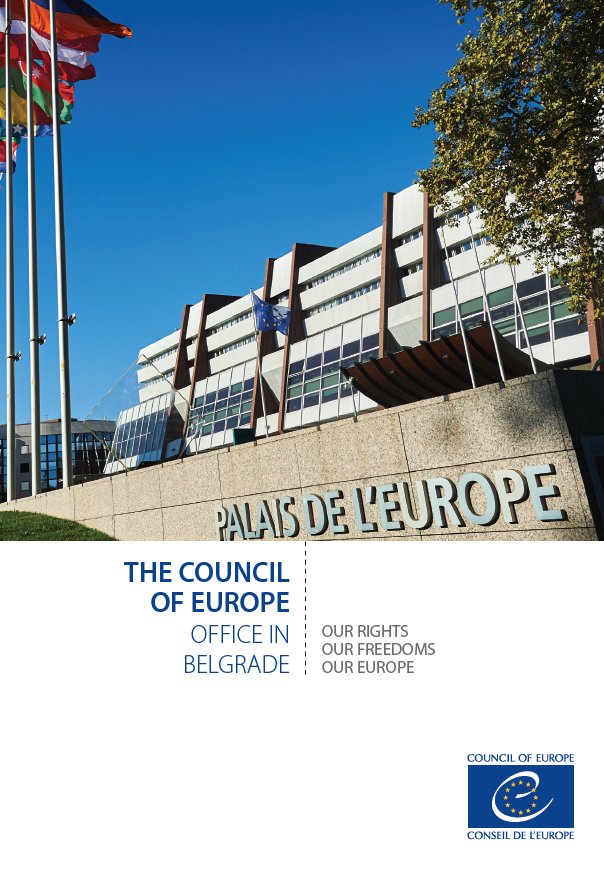Czech Republic: a € 100 million loan to Komerční banka (KB) to support social investment projects undertaken by regions, municipalities and public-private entities. The funds will be used for the revitalisation and modernisation of urban and rural infrastructure as well as for energy efficiency measures.
Finland: a € 60 million loan to the City of Tampere to finance public infrastructure in the area of education, particularly schools and day-care facilities, and other municipal investments aimed at improving living conditions in urban and rural areas, such as community services and sports facilities.
Georgia: a € 5 million loan to JSC Credo Bank to finance the productive investments of small businesses throughout the country. The aim is to encourage the development of micro-enterprises and support income-generating activities and self-employment in a country where the unemployment rate is considerably higher than the EU average.
Germany: a € 80 million loan to the City of Nuremberg to finance the construction and renovation of schools and early childhood care facilities, including investments in IT and digitalisation. At least fifty different institutions are expected to benefit from the CEB funds.
Italy: a € 150 million loan to Istituto per il Credito Sportivo (ICS), a public bank specialising in the financing of sports facilities and providing subsidised loans to local authorities. The CEB loan will finance various sports facilities throughout the country, especially facilities with a social impact, and is expected to benefit in particular young persons, students and senior citizens.
Latvia: a € 15 million loan to Riga Technical University (RTU), one of the two largest higher education institutions in the country, to support the further development of its campus facilities. The renovation and construction work that will be financed by the CEB is expected to benefit more than 7,000 students or half of RTU’s student population.
Poland: a € 150 million loan to Europejski Fundusz Leasingowy (EFL) to provide a credit line to micro-, small and medium-sized enterprises (MSMEs), which often have difficulty accessing financing. By strengthening the competitiveness of MSMEs, the funds will contribute to the creation of new permanent and seasonal jobs.
Romania: a € 177 million loan to the government to finance the construction of two prison facilities with a combined capacity of 1,900 places as well as two facilities for about 1,300 penitentiary staff, designed in accordance with European Prison Rules (EPR).
Serbia: a € 200 million loan to the government for investments in health infrastructure. The CEB funds will finance the upgrading of several public health institutions in and around 20 towns in the country and are expected to benefit close to 1.3 million persons, including patients and staff.
Slovenia: a € 50 million loan to the Housing Fund of Slovenia (HFS) to finance the construction of 800 new social housing units in Ljubljana and Maribor. The CEB funds will provide affordable rental housing to low- and middle-income persons and increase Slovenia’s public rental housing stock.
Spain: a € 100 million loan to the City of Barcelona, to support its transition towards becoming a more inclusive and sustainable city. The loan provided by the CEB will finance the construction, reconstruction and upgrading of municipal infrastructure such as schools, sports facilities and public spaces, as well as measures encouraging the use of bicycles.
Set up in 1956, the CEB (Council of Europe Development Bank) has 41 member states. Twenty-two Central, Eastern and South Eastern European countries, forming the Bank's target countries, are listed among the member states. As a major instrument of the policy of solidarity in Europe, the Bank finances social projects by making available resources raised in conditions reflecting the quality of its rating (Aa1 with Moody's, outlook stable, AA+ with Standard & Poor's, outlook positive and AA+ with Fitch Ratings, outlook stable). It thus grants loans to its member states, and to financial institutions and local authorities in its member states for the financing of projects in the social sector, in accordance with its Articles of Agreement.





